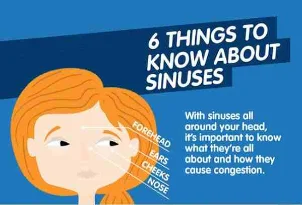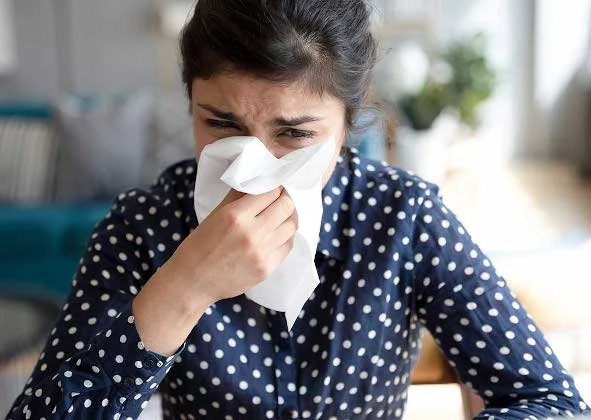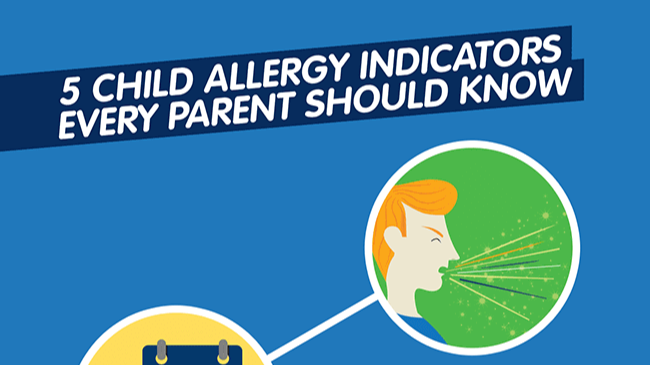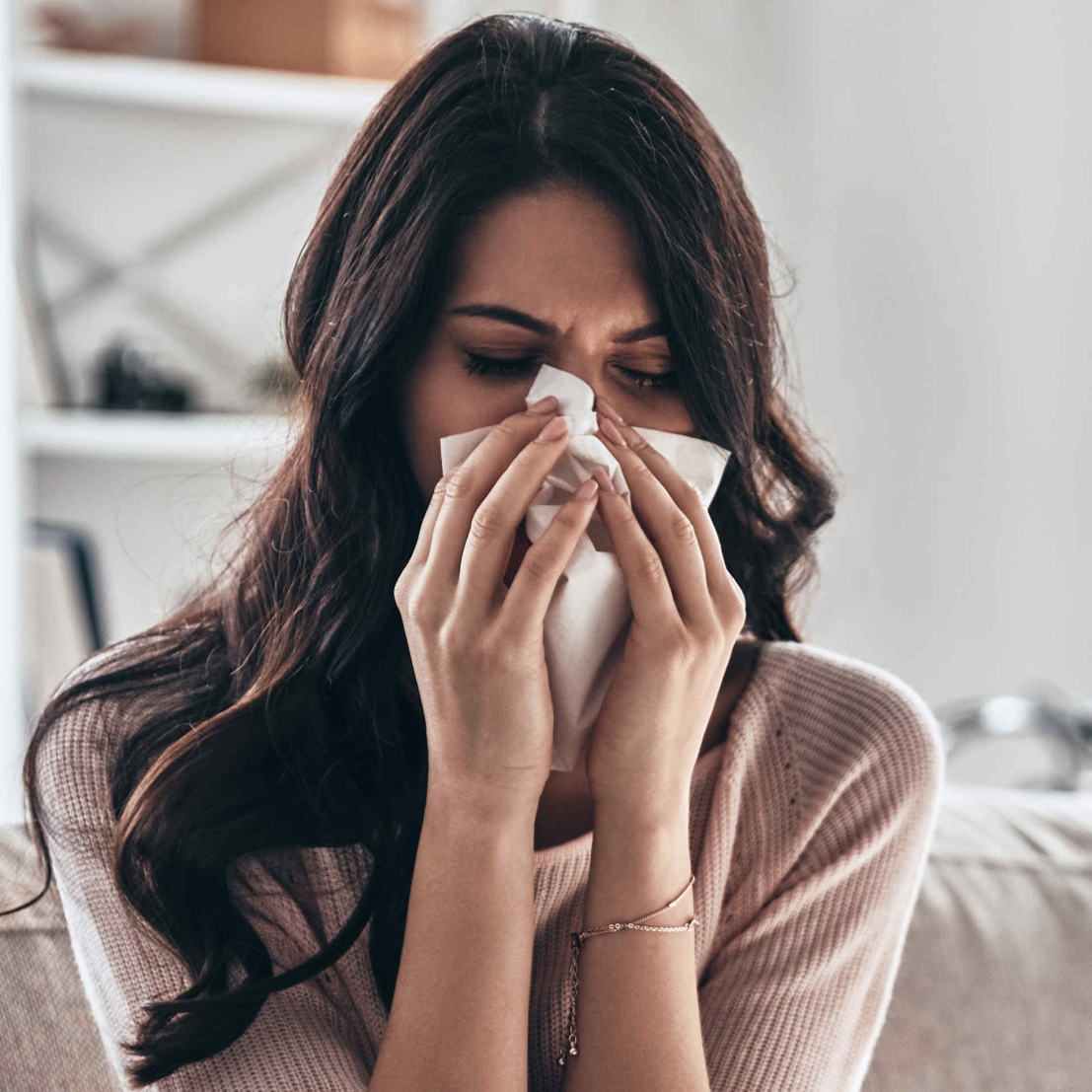6 Things to Know About Sinuses
Forehead
Ears
Cheeks
Nose
With sinuses all around your head, it’s important to know what they’re all about and how they cause congestion.
They’re a good kind of cavity
Sinuses are pockets in the skull and facial bones. Thanks to their hollow nature, we’ve got a little less weight on our shoulders. NICE!
They keep things damp
Sinuses are lined with a layer of mucus that helps moisten the air we breathe in
They bring on the pressure
When allergies cause mucus membranes to swell, the inflammation can block the openings to your sinuses. This makes it hard for the sinuses to drain and can make your head feel full of pressure.
They make you loud and clear
When they’re healthy and clear, sinuses are empty spaces, giving your voice more resonance. When filled with mucus, they can make your voice more muddled.
That’s snot all
Sinuses help trap the bad stuff we breathe in, like dust and germs. Then, that bad stuff drains into the nasal passage, and BAM! You’ve got snot.












